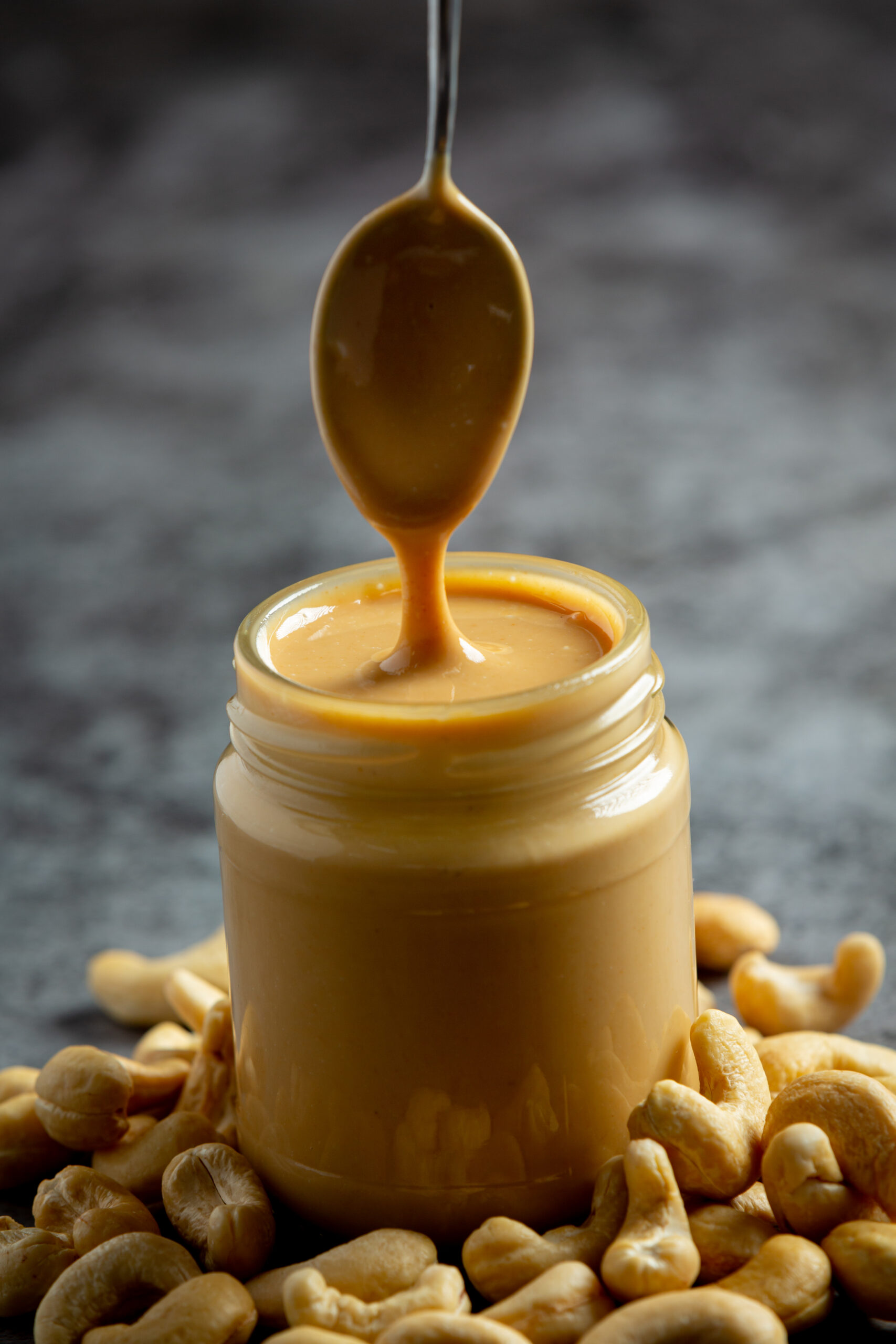1.Is Peanut Butter Healthy?
Dr. Linia Patel, an avid fan of peanut butter, delves into the benefits and potential drawbacks of this popular food.

What’s in Peanut Butter?
High-quality peanut butter is made primarily from roasted peanuts, sometimes with a pinch of salt. Lower-quality versions, however, often include added sugar, vegetable oils (like sunflower oil), and emulsifiers. These additions, particularly hydrogenated vegetable oils (trans fats), are linked to chronic health issues like heart disease, type II diabetes, and certain cancers. To avoid trans fats, carefully read product labels. Be cautious with reduced-fat peanut butters, as they often replace fat with added sugars.
Is Peanut Butter Safe for Everyone?
Unfortunately, peanut butter isn’t suitable for everyone. Peanut allergies are common and can be life-threatening for some people. For those with a peanut allergy, even small exposure must be avoided. Always check labels carefully to ensure safety.
Peanut Butter Nutritional Breakdown
Peanut butter provides a mix of protein, fats, and carbohydrates, making it a calorie-dense food.
A tablespoon (18g) of unsweetened peanut butter contains:
- 111 kcal
- 4.1g protein
- 9.3g fat (2.3g saturated fat)
- 2.2g carbohydrates (1.1g sugars)
- 1.2g fibre
Protein in Peanut Butter
Peanut butter is about 25% protein, a great plant-based option. However, it lacks methionine, an essential amino acid, but this can be balanced by pairing it with other foods.
Fats in Peanut Butter
Most of the fats are healthy monounsaturated fats like oleic acid, which may improve insulin sensitivity. Peanut butter also contains omega-6 fatty acids like linoleic acid, which are essential but debated for their role in inflammation. Current research suggests omega-6 fats are not harmful when consumed in moderation.
Fibre in Peanut Butter
Peanut butter contains some fibre, especially if made with peanut skins. However, given its calorie density, the fibre contribution is modest.
Micronutrients and Antioxidants in Peanut Butter
Peanuts provide several vitamins and minerals, including B vitamins, vitamin E, magnesium, and zinc. They’re also rich in antioxidants like resveratrol and p-coumaric acid, which have heart-protective and anti-inflammatory benefits.
Aflatoxins in Peanut Butter
Peanuts may occasionally be contaminated with aflatoxins, harmful toxins from mould. While aflatoxin poisoning is rare, long-term exposure to low doses can increase the risk of liver cancer. Peanuts grown in the US or Australia are typically safer than those from some African or Asian countries. Strict regulations in the UK and EU help ensure consumer safety. If concerned, check the product’s origin or contact the brand for details.
How Much Peanut Butter Is Healthy?
For those without peanut allergies, about two tablespoons a day is a reasonable portion size to include in a balanced diet.
Takeaway Peanut Butter
Peanut butter is nutritious and packed with protein, fibre, vitamins, and healthy fats, but its high calorie content means portion control is key. For peanut butter enthusiasts, enjoying it in moderation as part of a balanced diet is a delicious and healthy choice!
Peanut butter is a beloved food that offers a wealth of nutrients and versatility in the kitchen. Packed with protein, healthy fats, fibre, and essential vitamins and minerals, it serves as a convenient and nutritious option for snacks, breakfasts, or even desserts. Its rich content of monounsaturated fats, such as oleic acid, contributes to heart health and better insulin sensitivity, while its antioxidants, including resveratrol and p-coumaric acid, provide protective benefits against inflammation and tissue damage.
However, as with any food, moderation is key. The calorie density of peanut butter makes it easy to overindulge, which can offset its health benefits. Those mindful of their fat intake or calorie consumption should be particularly cautious. Choosing high-quality peanut butter made solely from peanuts (and perhaps a pinch of salt) can help avoid unnecessary additives like trans fats, sugars, and emulsifiers, which may have adverse health effects.
For those with peanut allergies, avoiding peanut butter entirely is essential, as even minimal exposure can lead to severe reactions. Additionally, understanding the potential risks of aflatoxin contamination and opting for trusted brands can further ensure safety.
Ultimately, when consumed thoughtfully and in appropriate amounts, peanut butter can be a healthy, delicious addition to a balanced diet. Embrace it as a nutrient-rich food, but always enjoy it mindfully!


Comments